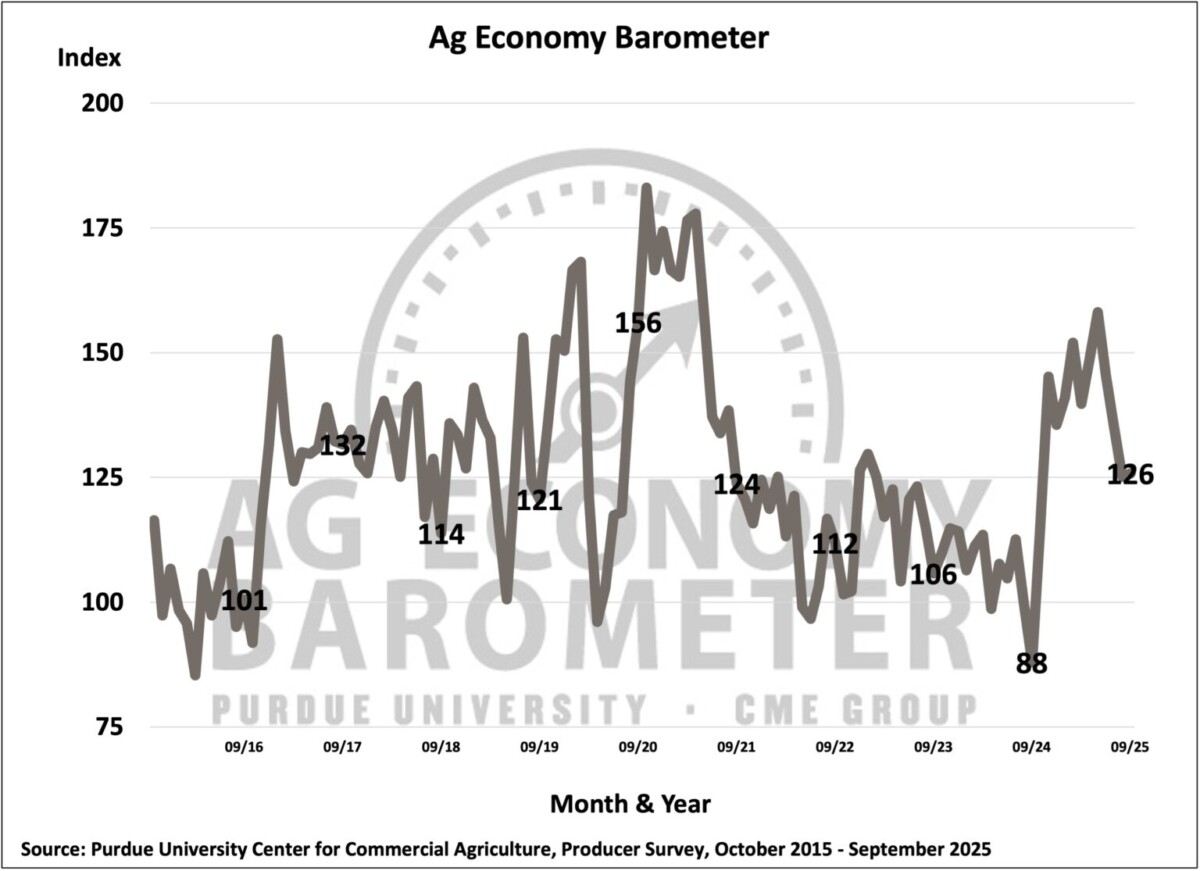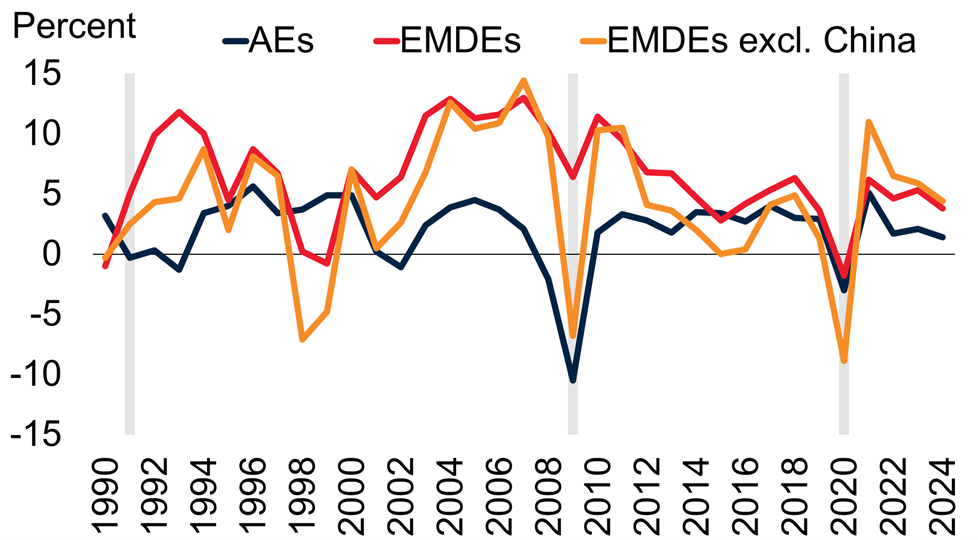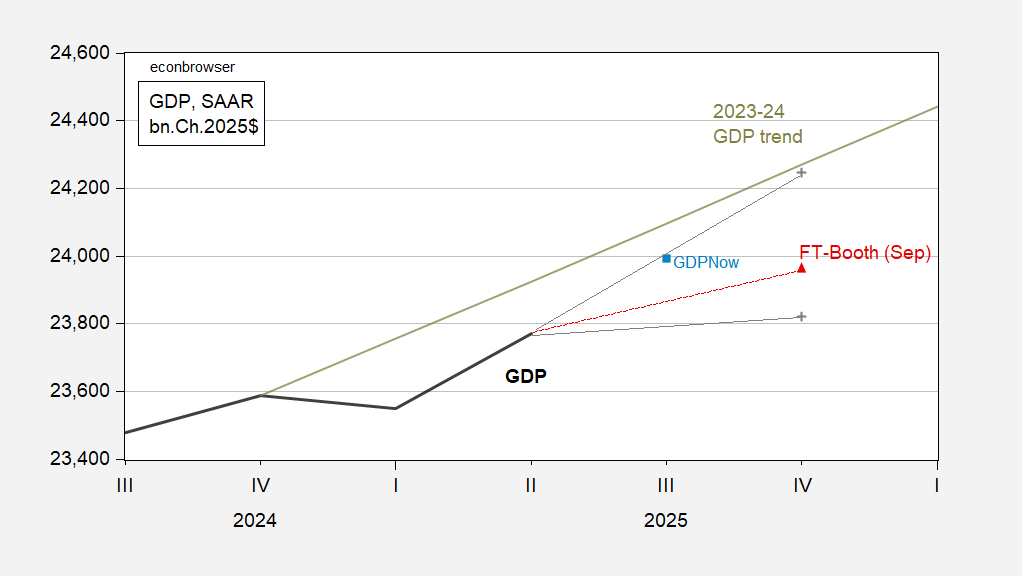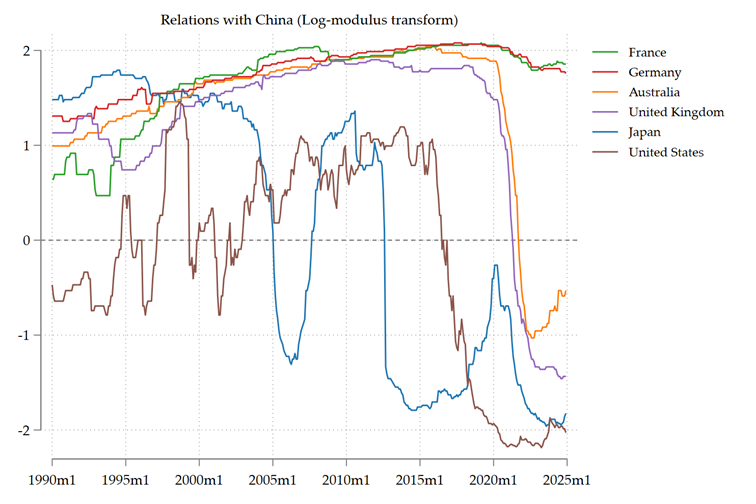
The Biden Administration is considering a staggering $10-14 billion bailout package aimed primarily at agricultural producers, particularly soybean farmers. This move comes as a desperate response to the deepening crisis within the farming community—one that has seen a significant erosion of farmer sentiment since the heady days following Trump’s election. A recent Purdue/CME survey starkly illustrates this decline, revealing a disturbing trend: the optimism that once buoyed agricultural producers has given way to a pervasive sense of disillusionment.
Farmers are grappling with a stark reality—falling commodity receipts that have not kept pace with the rising costs of inputs. Over the past two years, inflation-adjusted income from commodities has plummeted, placing a stranglehold on the viability of many farms across the country. As evidence of this distress, the latest data shows that without government support, net cash income for farmers would remain stagnant in real terms, underscoring an alarming dependency on federal assistance. This is not merely an isolated phenomenon; it reflects a systemic issue of reliance on government support that has reached critical levels.
Moreover, the ongoing trade war with China has compounded these challenges. For the first time in decades, China has ceased purchasing soybeans altogether. The absence of any commitments to buy is not just a temporary setback; it signals a broader crisis in agricultural trade relations that threatens the very foundation of American farming. This is a clear indictment of a political system that fails to address the structural inequalities faced by farmers, particularly those in economically disadvantaged regions.
The agricultural sector is at a crossroads—one where accountability and systemic change are desperately needed. The proposed bailout, while necessary to stave off immediate financial disaster for farmers, does little to address the root causes of the crisis. Instead of a band-aid approach, we should be advocating for comprehensive reforms that promote sustainable farming practices, fair trade agreements, and equitable access to resources.
It is high time we re-evaluate our priorities and investment in American agriculture. The current model perpetuates inequity, concentrating wealth and power in the hands of a few, while leaving many farmers—especially those who are smallholders—struggling to survive. We must demand policies that foster resilience, promote social justice, and ensure that every farmer has the opportunity to thrive, not just survive. The future of our food system—and the livelihoods it sustains—depends on it.
This article highlights the importance of IN CRISIS AGAIN.


